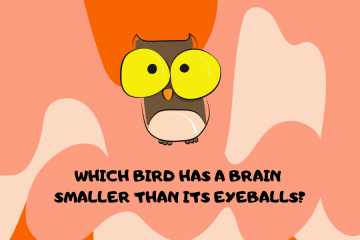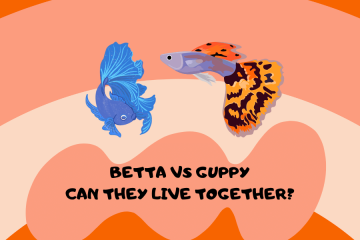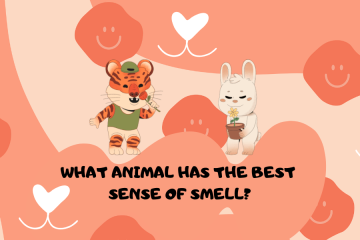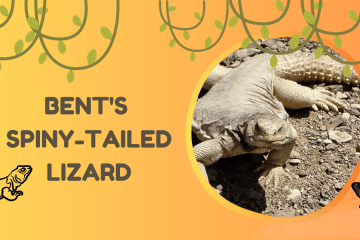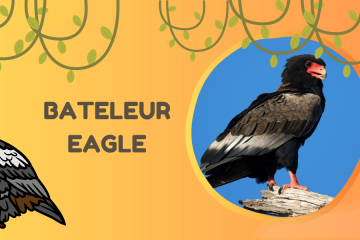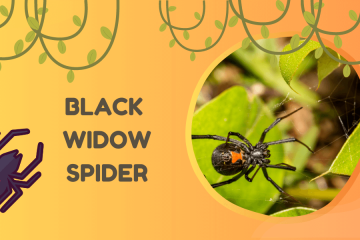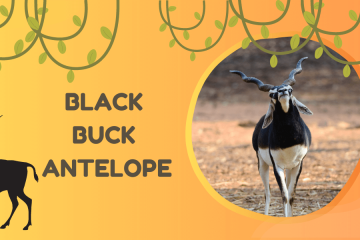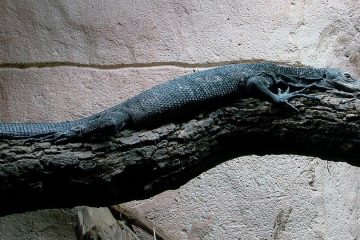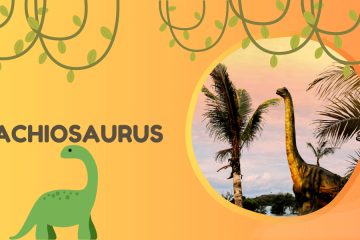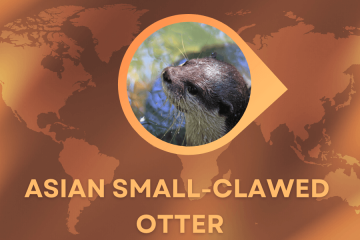Cheetahs are the fastest animals on land, running up to 70 miles an hour or 40 meters per second. They are known for hunting by chasing down their prey in a „bounce” stride to avoid slowing down, which they use because of their stamina.
cheetahs will eat other animals, not humans. if someone was eaten by a cheetah it would be by accident because cheetahs don’t usually hunt for humans. In this article, I will explain why cheetahs don’t eat people.
Do Cheetahs eat humans?
The answer is no, they do not eat humans. cheetahs are smaller than lions, but they are fast and they eat a lot of other animals. However, they do not hunt humans, Since Cheetahs are known to shy away from anything bigger than them in size, it is highly unlikely that they will go after a human.
When fully grown, cheetahs reach at least 67 – 94 cm long and weigh between 21 to 72 kilograms. Their preference for smaller, quicker prey sometimes puts them at odds with other predators like leopards and lions who are known to hunt humans in the wild.
However, it is still not a good idea to provoke a cheetah because they will surely attack you. If you do see one, however, it is not a good idea to provoke them because cheetahs have been known to show aggression when provoked. So I recommend staying away from them.
Has a cheetah ever eaten a human?
Although there are some recorded videos where cheetahs appear to be attacking humans, there is no record in the history of a cheetah actually killing and eating a human. Cheetahs are more likely to be curious of a human and not outright aggressive.
Do cheetahs see humans as prey?
In the wild, no cheetah will deliberately hunt a human. Many cheetahs in captivity are not as afraid of humans as they should be, and some have even been known to try to attack the occasional passer-by.
But these attempts are very rare. Cheetahs are instinctually wary of humans, and like most cats, their senses of sight, hearing, and smell make them wary of any potential threats. In short, they don’t see humans as prey.
However, if you ever do encounter a cheetah in the wild, be careful. The best way to deal with a cheetah is to leave it alone if it is not aggressive. So if your cheetah doesn’t appear aggressive but instead, just wants to see you or approach you for some reason, do not provoke it. Just walk away and don’t look back. If the cheetah stays on its own without attacking you.
What do Cheetahs eat?
Since cheetahs are carnivores (meat-eaters) they prey on small animals which include:
- Springbok
- Gazelles
- Rabbits
- Rodents
- Hares
- Warthogs
- Impala
- Porcupines
- Monkeys
- Birds
What do cheetahs eat the most?
Cheetahs’ favorite food are small antelopes like springboks, gazelles, and impala. They enjoy hunting Gazelles the most because they are easier to catch. Although they are fast animals they don’t usually run fast enough to escape the cheetah.
How do cheetahs hunt?
Cheetahs are very fast animals and can easily catch their prey but they have to be careful about what they eat.
The fastest way for a cheetah is by chasing down its prey. It’s been known in the past that the cheetah will chase its prey for up to 3 minutes and usually the chase lasts less than a minute after which it will capture its prey and eat it.
What to do when You Encounter a cheetah?
If you ever do encounter a cheetah, the best thing to do is just leave it alone and stop provoking it. Cheetahs are naturally afraid of humans and if they don’t appear aggressive, there is no need to provoke them by screaming or throwing objects at them.
Just walk away and don’t provoke them. Try to leave the area as fast as possible and if it starts to chase you then your best bet is to face it.
Final Thoughts
Cheetahs are not usually a threat to human life. Although there have been some recorded videos where cheetahs appear to be attacking humans, there is no record in the history of a cheetah actually killing and eating a human. Cheetahs are more likely to be curious of a human and not outright aggressive. If you do see one out in the wild, however, don’t provoke it and just let it do its own thing.

Lydia King is a huge animal lover and has always been fascinated with learning about the animal kingdom. She enjoys writing about anything animal related from scientific information about rare species to animal references in pop culture.

